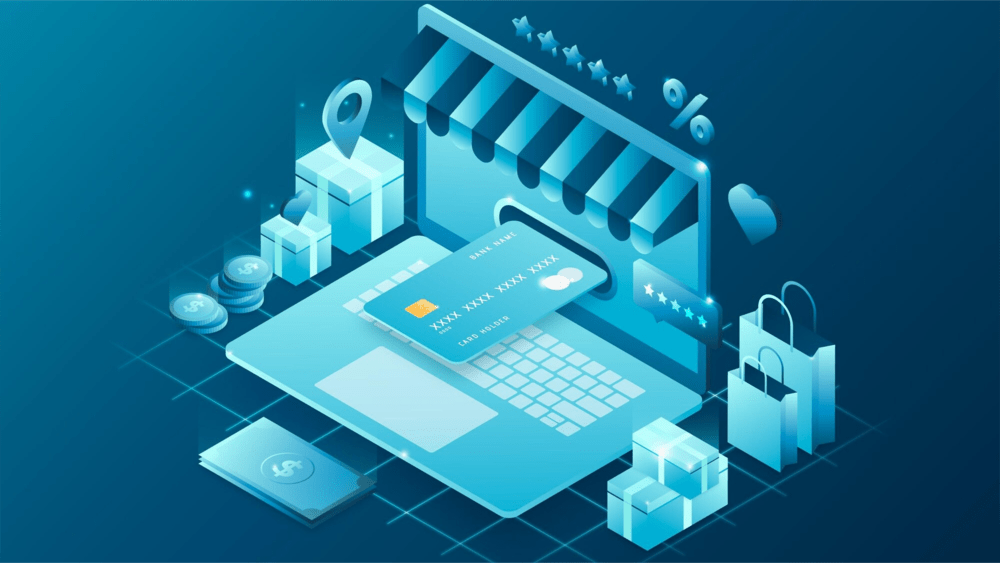ISO 9001 vs ISO 27001 – Which Do You Need?
When you hear ISO 9001 vs ISO 27001, it sounds like the world’s dullest boxing match.
In one corner: quality management. In the other: information security. Both are international standards. Both require audits, documented information, and management reviews. And both have the power to give your business a competitive edge—or a compliance headache—depending on how you approach them.
So which one do you actually need? Let’s unpack the key differences, overlaps, and why many organisations eventually choose both ISO 9001 and ISO 27001.
What Is ISO 9001?
ISO 9001 is the most widely adopted quality management standard in the world. It provides a systematic approach to building a Quality Management System (QMS) that ensures your organisation consistently delivers products and services that meet customer expectations.
Key themes:
- Customer focus: Every process revolves around meeting customer requirements and striving to exceed customer expectations.
- Process approach: ISO 9001 pushes you to look at the whole chain of business processes—internally and externally provided processes alike.
- Continual improvement: Through internal audits, management review, and corrective measures, you’re expected to continually improve business performance.
- Plan–Do–Check–Act (PDCA): This cycle underpins ISO 9001, driving ongoing monitoring and performance evaluation.
In short, ISO 9001 certification proves you’ve got a reliable, customer-focused approach to business. It’s the gold standard for service quality, consistency, and operational planning.
What Is ISO 27001?
ISO 27001 is the leading standard for information security management. It establishes an Information Security Management System (ISMS) designed to protect information assets through risk assessment, security controls, and ongoing monitoring.
Core themes:
- Managing risks: Organisations must identify, assess, and treat information security risks that affect data confidentiality, integrity, and availability.
- Security controls: From access management for authorised users to incident response, ISO 27001 requires a structured approach to protecting customer data.
- Information security processes: Policies, procedures, and continual improvement mechanisms keep security embedded in daily business operations.
- Involved parties: Top management and all interested parties play a role in safeguarding information assets.
ISO 27001 certification demonstrates your organisation takes data security seriously—a critical signal to customers, regulators, and investors.
ISO 9001 vs ISO 27001: The Major Differences
Let’s make this simple.
These are different standards, but they share some DNA. Both ISO standards follow the high-level structure (Annex SL), meaning they use the same process for documentation, corrective action, and continual improvement.
That similarity makes it easier to build an integrated management system combining quality and information security.
Why Businesses Choose ISO 9001
ISO 9001 certification matters if:
- You want to improve overall business performance through a structured QMS.
- Customers demand evidence of quality management and continual improvement.
- You’re aiming for sustainable growth and want to standardise business processes.
- You need a unified framework to align top management, staff, and external providers around customer focus.
It’s especially valuable for industries where service quality and meeting customer requirements are the make-or-break factors in retaining contracts.
Why Businesses Choose ISO 27001
ISO 27001 certification is essential if:
- You handle sensitive customer data or financial information.
- Regulatory bodies or contractual partners require proof of strong information security management.
- You want to reduce exposure to information security risks like breaches, leaks, or unauthorised users.
- You need a systematic approach to managing risks and embedding information security processes across your business environment.
It’s the de facto signal of customer trust in data security—and in many industries, not optional.
ISO 9001 Certification vs ISO 27001 Certification
Both certifications involve:
- A structured certification process with external audits.
- Requirements for documented information, internal audits, and management reviews.
- A drive to continually improve business systems.
But there are key differences:
- ISO 9001 audits test whether your customer-focused processes consistently deliver quality.
- ISO 27001 audits dig into your risk assessment, security controls, and data confidentiality measures.
Either way, achieving and maintaining certification requires commitment from top management, corrective action where gaps are found, and a culture of continual improvement
Do You Need Both ISO 9001 and ISO 27001?
Many organisations adopt multiple management system standards over time. Why? Because customer trust and business performance are deeply connected.
- ISO 9001 strengthens your ability to deliver a consistent product and improve customer satisfaction.
- ISO 27001 strengthens your ability to protect data security and meet regulatory requirements.
Together, they form a unified system that improves service quality, protects customer data, and drives sustainable growth. An integrated management system that covers quality and security provides a competitive edge by demonstrating maturity in both areas.
FAQs on ISO 9001 vs ISO 27001
Can you integrate ISO 9001 and ISO 27001?
Yes. Both ISO follow Annex SL, which makes building an integrated management system achievable. This unified framework saves time, reduces duplicated effort, and improves overall business performance.
Which comes first—ISO 9001 or ISO 27001?
It depends on your priorities. If your biggest challenge is meeting customer requirements and proving service quality, start with ISO 9001. If information security risks are the bigger threat, ISO 27001 should be first.
Do both ISO standards require continual improvement?
Absolutely. Both ISO 9001 and ISO 27001 use the PDCA cycle for ongoing monitoring, corrective action, and performance evaluation.
Is ISO 27001 harder than ISO 9001?
Many find ISO 27001 more complex because security controls touch every aspect of the business. ISO 9001 is challenging in its own right but often feels more familiar to organisations already focused on customer satisfaction.
Final Word: Which ISO Certification Do You Need?
The 9001 and ISO 27001 standards aren’t in competition. They serve different but complementary goals: one ensures you can meet and exceed customer expectations; the other proves you can safeguard customer trust by protecting data security.
For some businesses, the operational differences mean picking one. For many, the best path is combining both into an integrated management system that enhances business performance, enables organisations to meet customer and regulatory requirements, and provides a clear competitive edge.
Where Hicomply Helps
Whether you’re tackling ISO 9001, ISO 27001, or both, the certification process can feel like a swamp of document control, internal audits, and management reviews.
Hicomply helps cut through the noise with compliance automation:
- Unified framework for multiple management system standards.
- Automated workflows for evidence collection, document control, and performance management.
- Tools for continual improvement and ongoing monitoring, without the spreadsheet sprawl.
Ready to build a management system that actually works? Book a demo today and turn compliance into sustainable growth.





.svg)





